There are many challenges to being a Filipino—one of them is just getting from point A to point B. Even within Metro Manila, getting from one city to another will surely involve inconveniences like heat, rain, and piles of logical fallacies, especially when using public transportation.
Even those who can drive their own vehicles aren’t spared. Besides Metro Manila’s world-famous heavy traffic, we must also navigate through hoops of undisciplined and unruly drivers and road users.
Those who have visited our Asian neighbors have witnessed how orderly and disciplined drivers are. We’re talking about developed nations like Japan, Singapore, and South Korea, where roads are not just a means to get from one point to another; they represent a shared space where respect and adherence to rules create a harmonious traffic flow.
Yet, when we return to the Philippines, we often find ourselves amid a chaotic, congested, and sometimes hazardous driving environment – just right outside the airport, if I may add. While there are exceptions, such as China and, to some extent, Thailand, where driving can be similarly challenging, there are several observations and lessons from other countries that we, as Filipino drivers, can learn to improve our roads. These lessons go beyond merely following traffic laws; they involve a fundamental shift in our driving behavior and mindset.
While I agree that better public transportation would be a major game-changer for our traffic woes, it won’t hurt if we start within ourselves as daily drivers, albeit challenging.
To this, I heed the words of one famous Michael (but yes, I know, he didn’t write the song): If you wanna make the world a better place, take a look at yourself and then make a change.
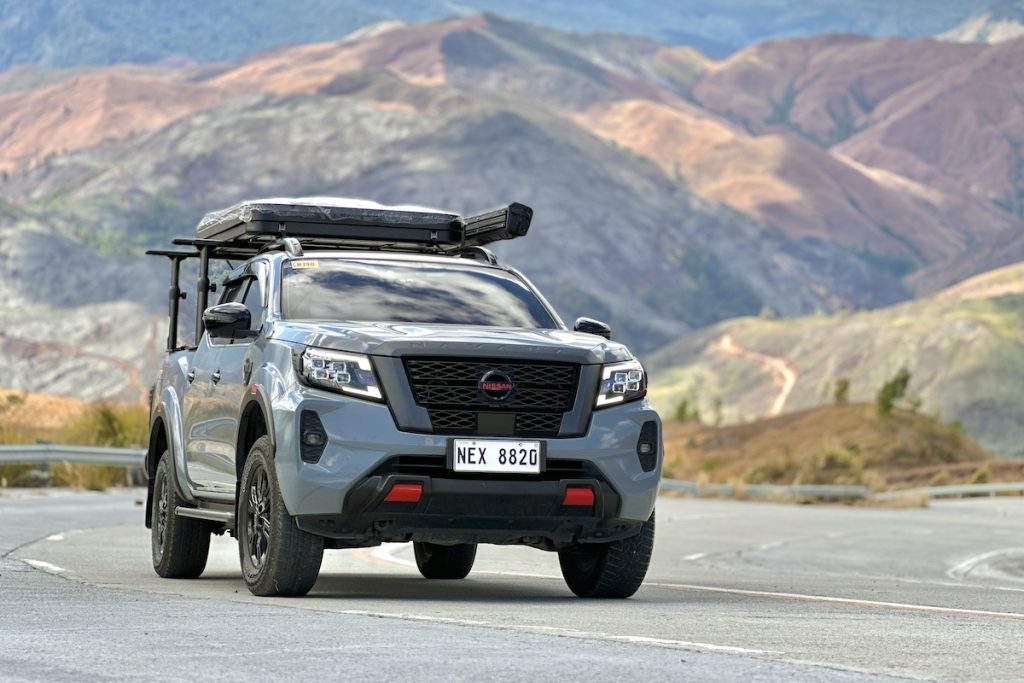
Driving is a Privilege, Not a Right
In many places worldwide, getting a driver’s license is not just filling out forms and passing a basic test. It involves rigorous theoretical and practical training to ensure that every driver on the road is competent and responsible. That’s because driving is a privilege granted to those who have proven capable of handling the responsibility.
In the Philippines, however, the process can sometimes feel like a mere formality, leading to drivers who may not fully appreciate the weight of the privilege they’ve been given.
Recognizing driving as a privilege means understanding that it comes with responsibilities. It’s not just about our right to use the roads but also about our duty to ensure the safety and convenience of others. We should drive more cautiously, be considerate, and adhere strictly to traffic laws. More importantly, we should be willing to learn and improve continuously, acknowledging that being a good driver is an ongoing process.
Nobody’s Racing You
One of some Filipino drivers’ most frustrating behaviors is the compulsion to race. Whether it’s cutting off other drivers, speeding through red lights, or aggressively overtaking, this competitive mindset creates unnecessary risks and stress. This racing mentality often leads to dangerous driving conditions and contributes significantly to traffic congestion and accidents.
Remember that our roads are not racetracks; the primary goal should be to reach our destinations safely, not to be the first one there. There isn’t a trophy or a medal when you reach your destination first. Running late? That’s on you, but don’t use that as an excuse to risk other people’s lives.
By shifting our mindset from competition to cooperation, we can create a safer and more efficient driving environment. Give way to others, do not tailgate, and understand that a few seconds saved is not worth risking lives.
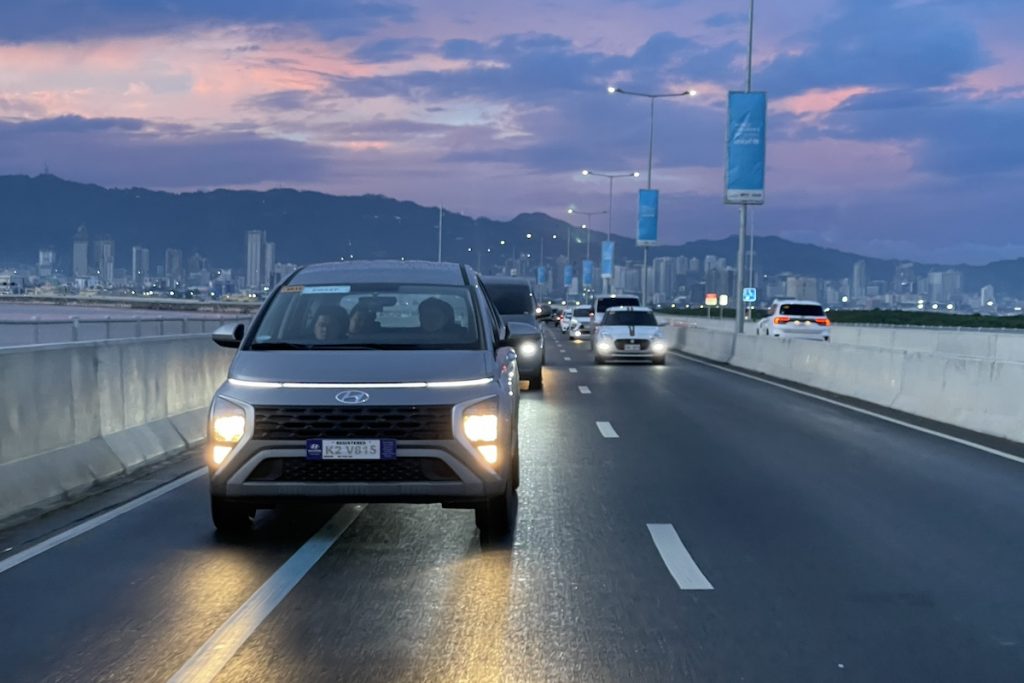
Rules are NOT Meant to be Broken
In the Philippines, there’s a pervasive attitude that traffic rules are mere suggestions rather than strict regulations. We often jest about it but this mindset manifests in various forms, from ignoring traffic signals and signs to illegal parking and reckless driving. Such behavior not only endangers lives but also contributes to the overall chaos and inefficiency on our roads.
It’s crucial to understand that traffic rules are established to ensure order and safety. By following these rules, we contribute to a smoother flow of traffic and reduce the likelihood of accidents. It requires a collective effort, where each driver acknowledges and respects the rules, knowing that their compliance benefits everyone.
And that’s where integrity enters. We should always follow rules, even if nobody’s watching—even during the wee hours or when traffic enforcement isn’t around. Our “diskarte” culture, while commendable for its ingenuity, is all but an excuse to skirt the rules, which isn’t the right thing to do.
Humans are Naturally Selfish
It’s an uncomfortable truth that needs to be addressed: humans are naturally selfish. Self-preservation is part of our composition as human beings, which translates to prioritizing our needs over others. This trait often becomes glaringly apparent on the road, where we prioritize our own convenience over others’.
When you see someone blocking intersections, refusing to give way, and parking in prohibited areas, they are not inherently evil. They’re just selfish.
Acknowledging this natural tendency is the first step towards overcoming it. We must consciously strive to put others’ needs on par with our own. We must practice patience, show courtesy, and know how our actions impact other drivers, pedestrians, and cyclists. By fostering a more empathetic and considerate driving culture, we can transform our roads into spaces where everyone feels respected and safe.
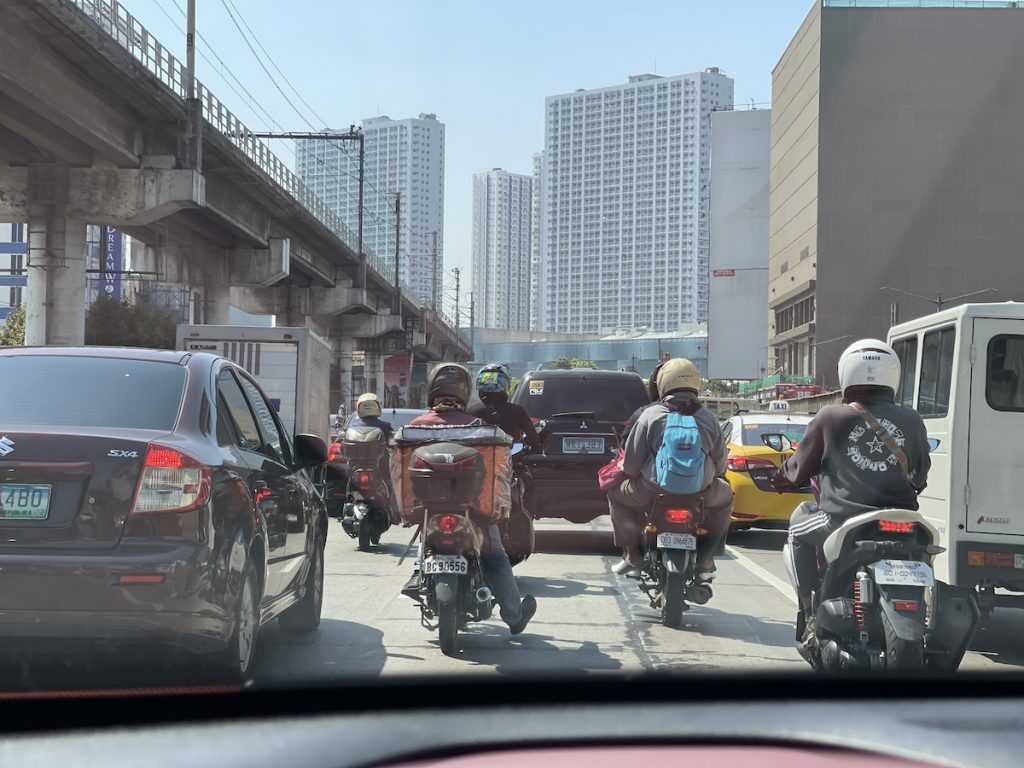
Respect Begets Respect
Respect is a fundamental principle that should guide our behavior on the road. This respect extends to other drivers, pedestrians, traffic enforcers, and even the infrastructure itself. When we show respect by obeying traffic laws, signaling our intentions, and being courteous, we set a positive example and encourage others to do the same.
Why do you have to park properly? Because it’s a sign of respect to the car parking beside you. Why not stop in the middle of the road? Because you’re blocking other cars and wasting their time, and that is not a respectful thing to do. It’s that simple.
Respect also involves recognizing and accommodating the diverse needs of different road users. This includes being mindful of pedestrians, giving way to emergency vehicles, and being patient with slower drivers. When we drive respectfully, we contribute to a culture of mutual consideration that makes the roads safer and more pleasant for everyone.
Yes, situations will not always be ideal to promote respect, but that’s where the next item enters.
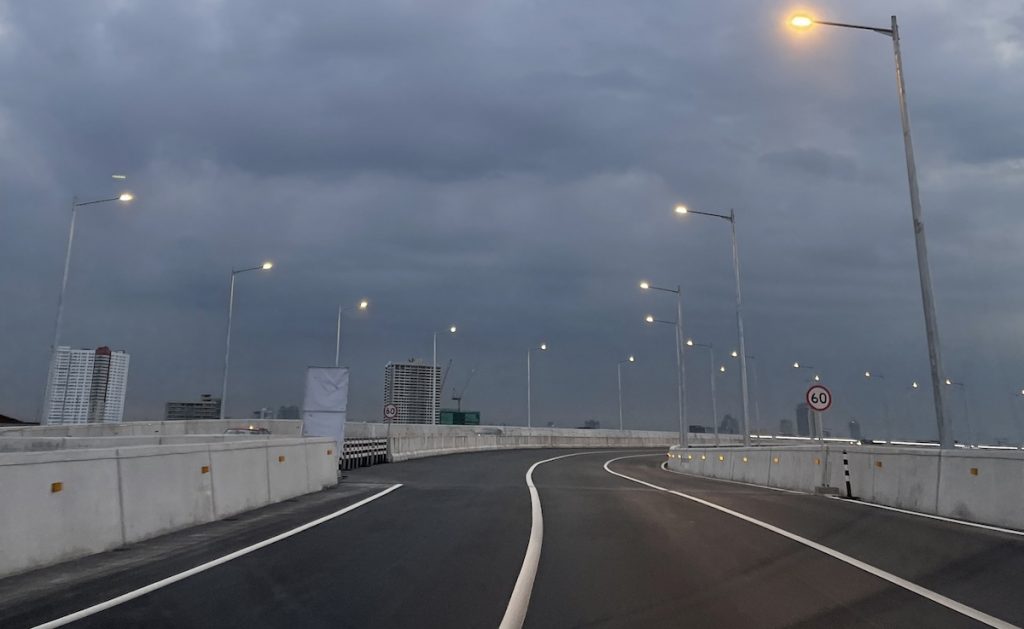
It’s Better to Be Kind Than to Be Right
It’s easy to forget the simple yet powerful impact of kindness. Many conflicts on the road stem from the desire to be right, to assert our own way, and to prove a point. However, this mindset often leads to confrontations, stress, and unsafe driving conditions.
Embracing the principle that it’s better to be kind than to be right can transform our overall driving experience. Letting someone merge into your lane, allowing pedestrians to cross safely, or choosing to de-escalate a potentially hostile situation can make the roads more pleasant for everyone.
Kindness can diffuse tension, prevent accidents, and foster a more cooperative driving culture. When we prioritize kindness over being right, we acknowledge that the road is a shared space where everyone has equal importance – an approach that not only enhances safety but also creates a more harmonious environment.
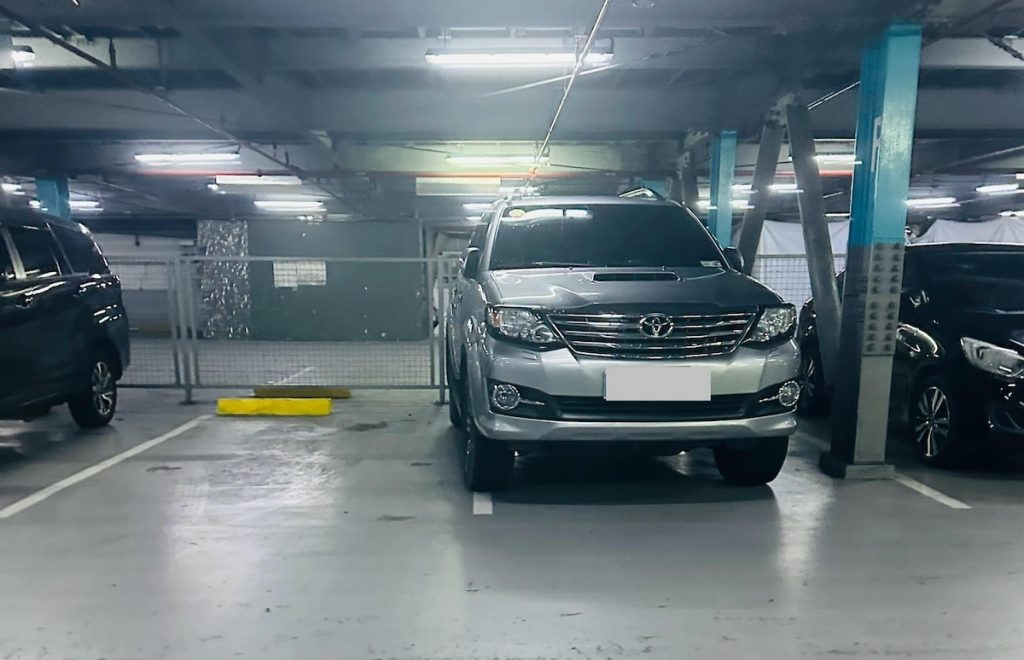
It’s a Tough Task
Improving our driving culture in the Philippines is not an overnight mission; it requires a collective and sustained effort from all of us. And yes, that includes myself—I’d be a hypocrite if I said I abide by all these things, but like everyone else, it’s a process.
Like what JFK once said, “We don’t do these things because they are easy. We do them because they are hard.” Yes, they are hard, but they’re doable.
Let it be known that these are not meant to attack anyone but mere observations and musings of one driver who spends several hours on the road daily. By acknowledging these things, especially fostering a culture of respect, we can make significant strides towards better and more efficient motoring. It’s more than just about getting from point A to point B; it’s about ensuring our journey is safe and pleasant for everyone sharing the road.

